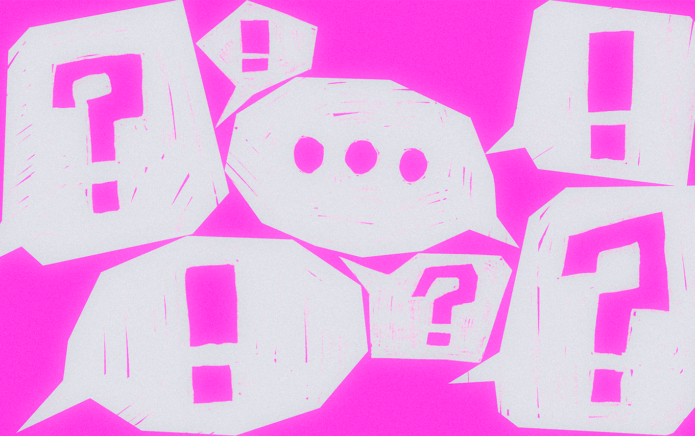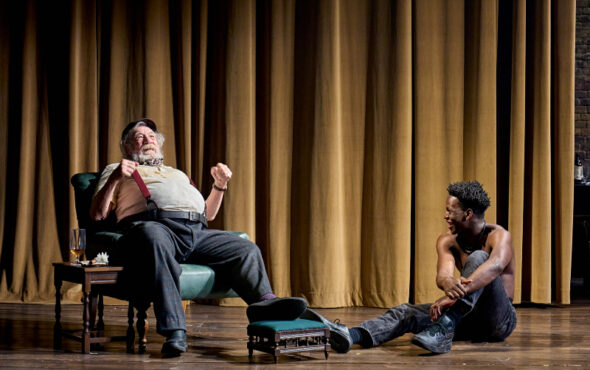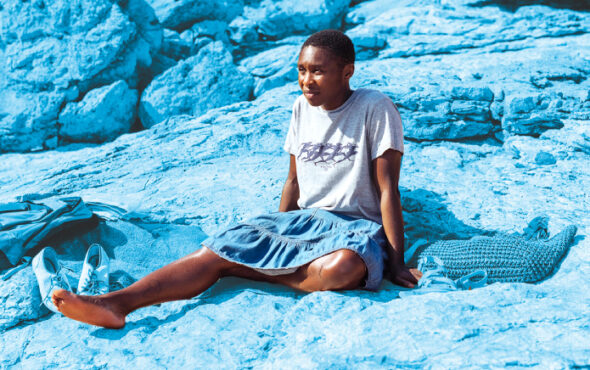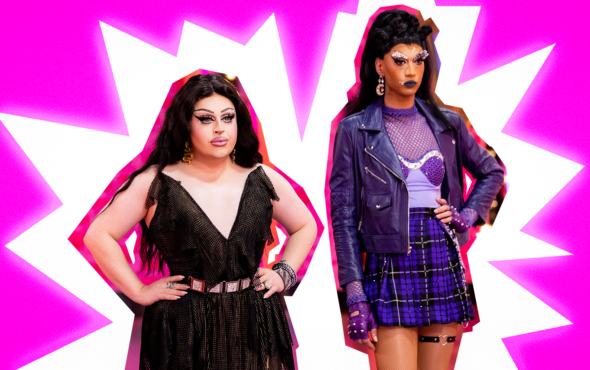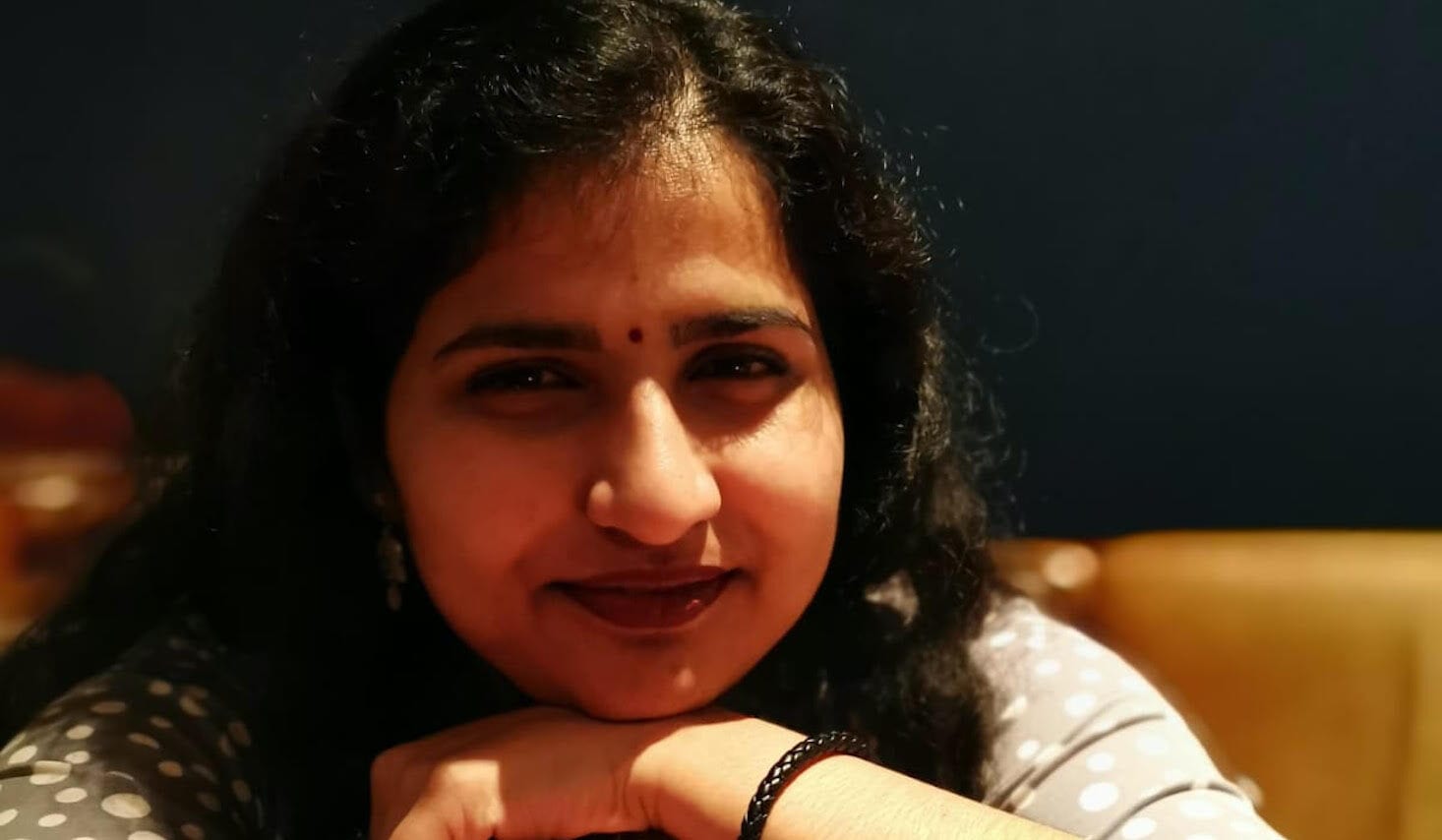
To me, Diwali usually means a house full of family and friends camping out on every available surface, our dining table brimming with enough food to feed an army, and at least one small fire incident (just kidding, that only happened twice).
My name, Deep, is actually derived from Diwali (or Deepavali as some of us call it). It stands for the flame in the special candles we light on the day. For that reason I’d always considered it my favourite holiday.
When our family immigrated from India to the UK in 2004, I was quite distraught at the thought that we may not be able to celebrate it here. I was nine years old at the time, spoke little to no English, and everything was so vastly different to what I was used to. There was so much change and I had no control over any of it.
Nevertheless, when Diwali came round, the local Indian community had put together a Diwali celebration that was almost like the ones I was used to back in India. It made me feel just that bit closer to home.
Eventually, it became a tradition for us to host the celebration at our family home. These celebrations were not just limited to close family friends. Our home became the heart of a tight knit community, and not just for Diwali, but it started there.
Initially, I was grateful for the sense of community and safety these celebrations provided as an immigrant child. For the most part, I still am. However, realising I was gay changed things.
I was raised in India before homosexuality was decriminalised (which happened recently in September 2018). As a result of that, it was a very taboo subject. There was little to no representation of LGBT+ people and if there was, it was mostly negative.
There were no words to describe who I was in my mother tongue. So, it was difficult for me recognise and come to terms with the fact that I was a lesbian in the first place.
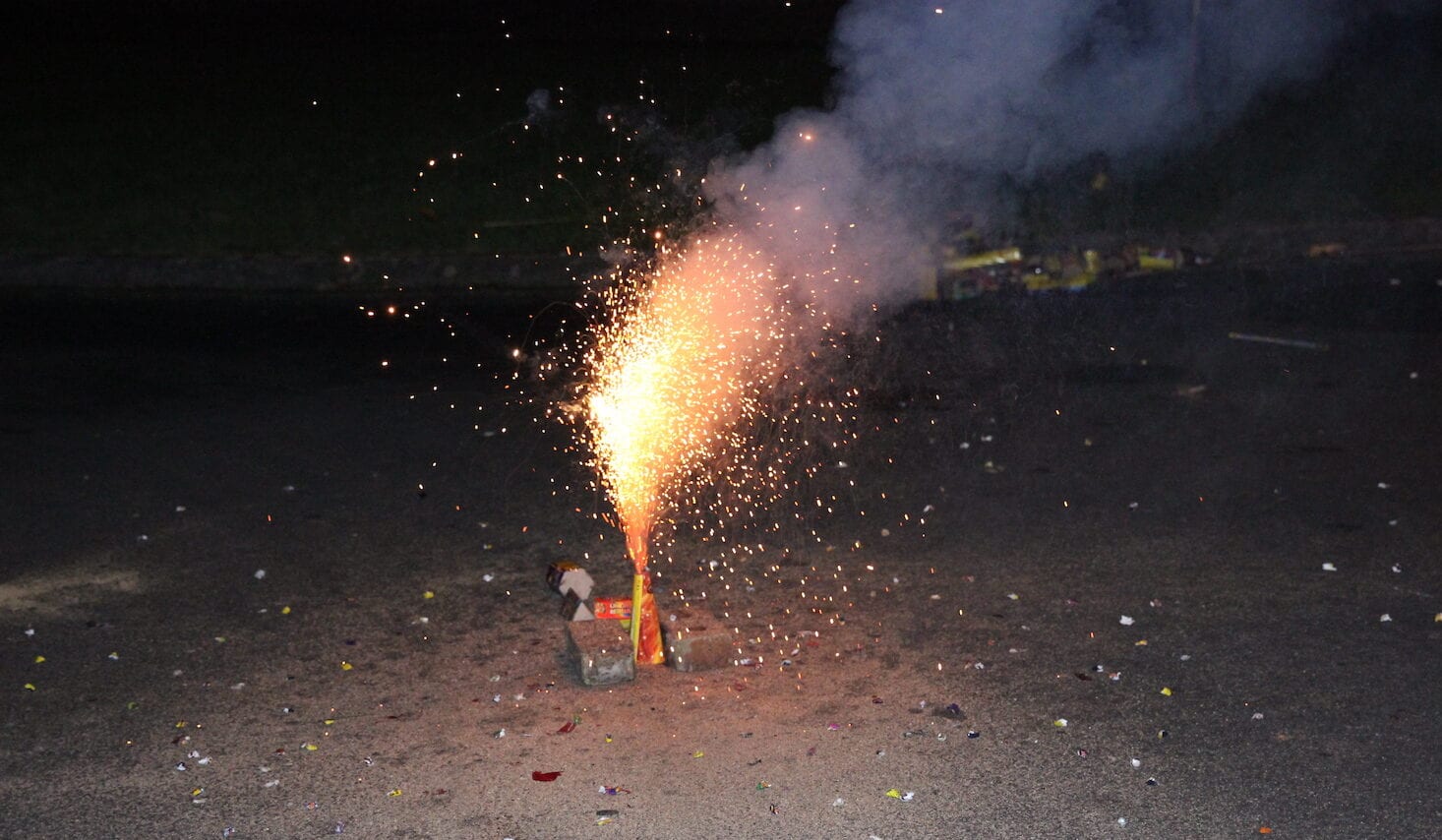
The culture I was raised in was heteronormative to the extent that arranged marriages are the norm. Deviating from that and marrying someone of your own choosing, in some cases, can get you cast out – even if you were straight.
So, I was not keen to find out what would happen if I told my family that I was not just against an arranged marriage, but I hoped to marry a woman instead.
Going home to be surrounded by well-meaning aunties and uncles who wanted to introduce me to a potential husband was the last thing I needed. That’s why I ended up spending my first Diwali at university, alone and eating instant noodles instead of my mother’s home cooking, after making up some excuse to justify my absence.
In September 2019, I applied to volunteer as a Just Like Us ambassador. I applied on a whim as the idea of providing positive representation for young LGBT+ people, especially young LGBT+ people of colour, resonated strongly with me. However, I was not prepared for how much it would truly help me.
It was the first time I had met other LGBT+ people with similar experiences. Hearing their stories and how they dealt with being raised in a similar environment to me, made me feel seen in a way I never have before. It is ultimately what gave me the courage to come out to my own parents.
In the end, they were more accepting than I expected them to be. My parents told me that my happiness was more important than anything else.
Now, as we approach Diwali accompanied by a second national lockdown, I am back living with my family in Oxford. I have been out to my parents for nearly a year. I am happy to be home with my family to spend it with them without looking over my shoulder.
I am still not out to the wider community and I selfishly am glad to have lockdown as an excuse to not face them. However, with or without their approval, I know now that every part of my identity matters. Every part of me deserves to occupy the space that I am in.
